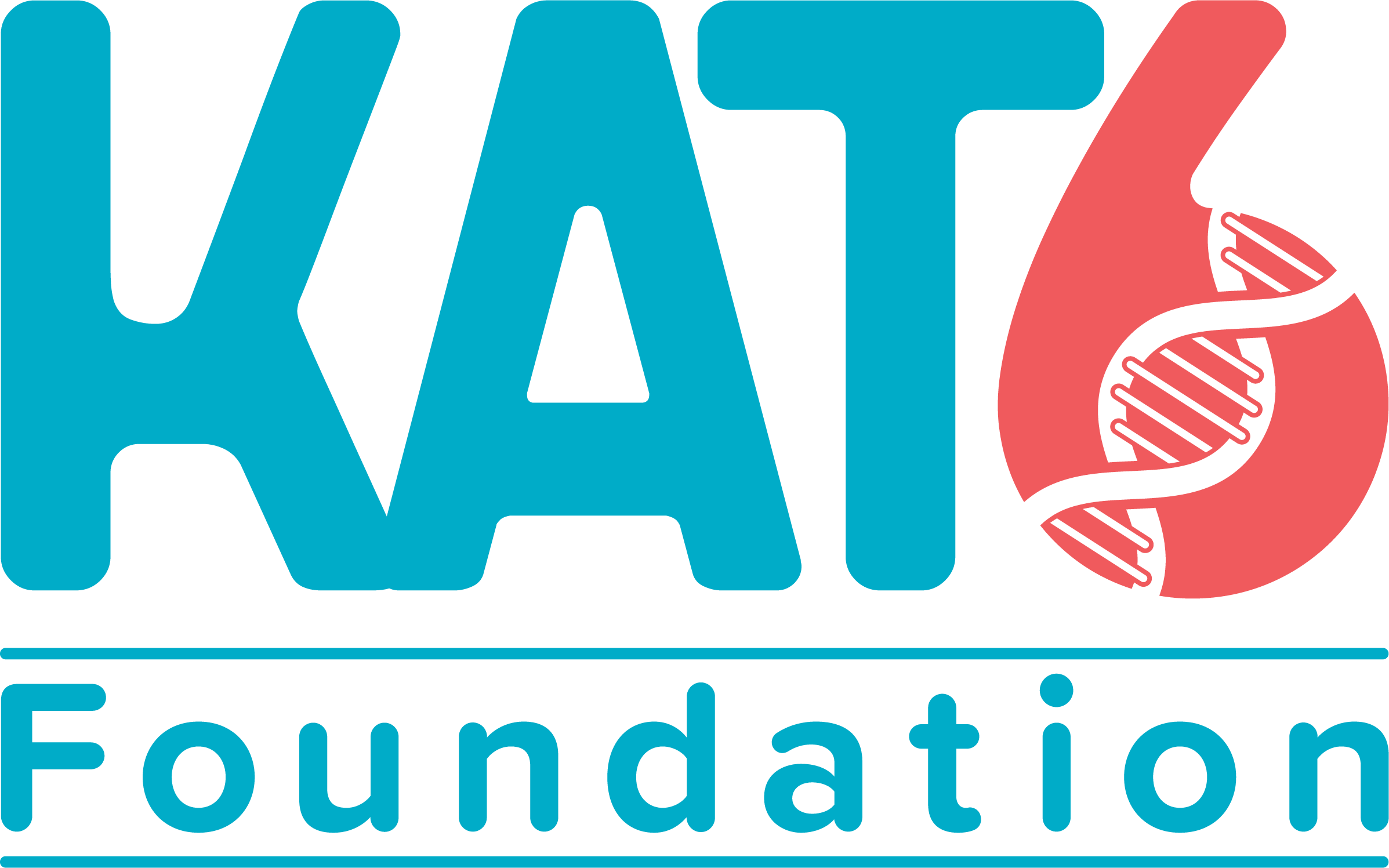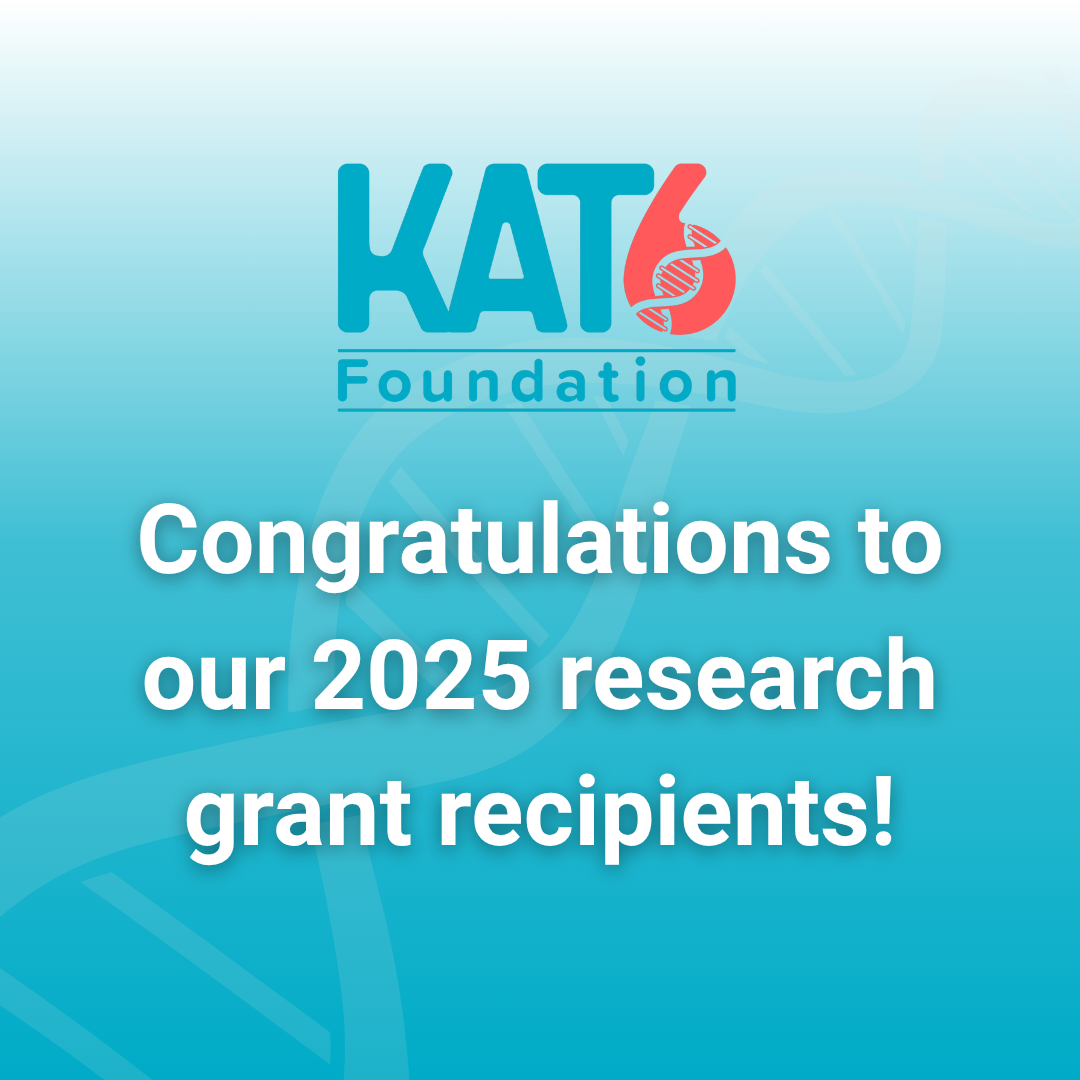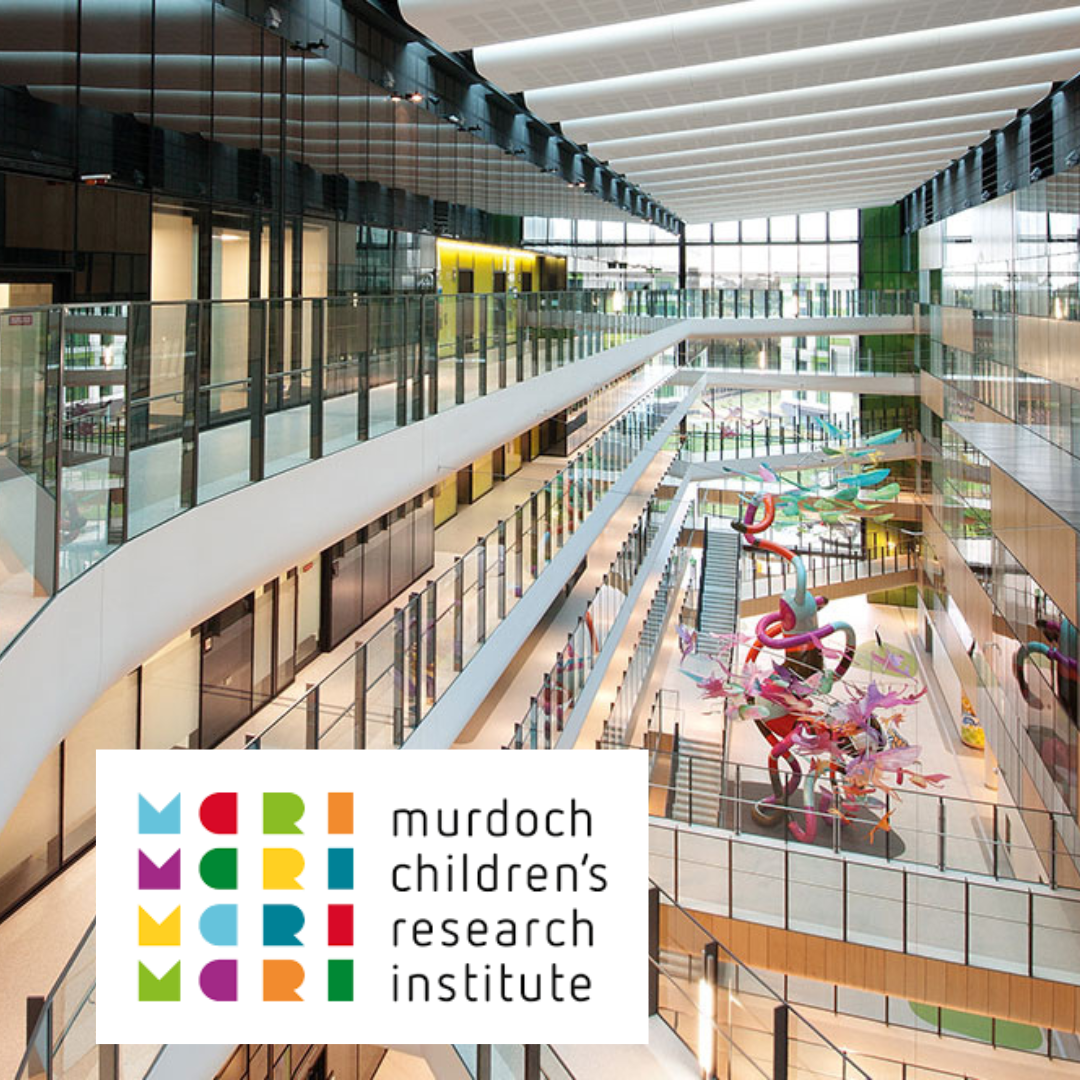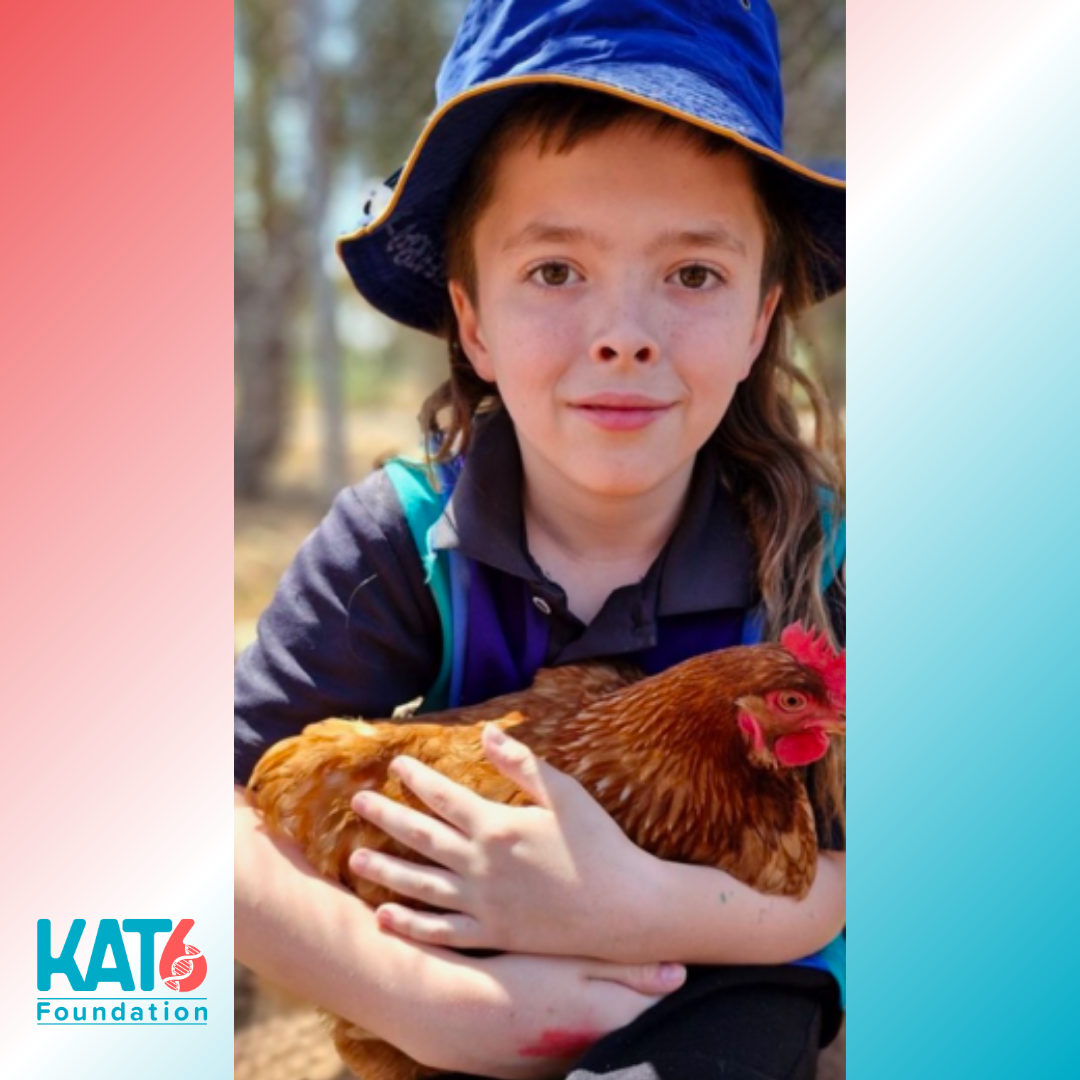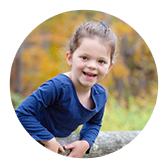2025
KAT6B overexpression rescues embryonic lethality in homozygous null KAT6A mice restoring vitality and normal lifespan
Research themes in KAT6A syndrome: A scoping review
2024
Fetal hepatic calcification in severe KAT6A (Arboleda-Tham) syndrome
Neuropsychological profile associated with KAT6A syndrome: Emergent genotype-phenotype trends
2023
Epigenetics of cognition and behavior: Insights from Mendelian disorders of epigenetic machinery
KAT6A mutations drive transcriptional dysregulation of cell cycle and autism risk genes in an Arboleda-Tham syndrome cerebral organoid model (Preprint)
KAT6A mutations in Arboleda-Tham syndrome drive epigenetic regulation of posterior HOXC cluster (Preprint)
Luteolin promotes KAT6A gene expression
The omics era: A nexus of untapped potential for Mendelian chromatinopathies
What Have We Learned from Patients Who Have Arboleda-Tham Syndrome Due to a De Novo KAT6A Pathogenic Variant with Impaired Histone Acetyltransferase Function? A Precise Clinical Description May Be Critical for Genetic Testing Approach and Final Diagnosis
2022
Novel Diagnostic DNA Methylation Episignatures Expand and Refine the Epigenetic Landscapes of Mendelian Disorders
Pantothenate and L-carnitine Supplementation Corrects Pathological Alterations in Cellular Models of KAT6A Syndrome
The Role of Histone Modifications: From Neurodevelopment to Neurodiseases
Epilepsy in KAT6A Syndrome: Description of Two Individuals and Revision of the Literature
Identification of a Novel KAT6A Variant in an Infant Presenting with Facial Dysmorphism and Developmental Delay: A Case Report and Literature Review
Functional Correlation of Genome-wide DNA Methylation Profiles in Genetic Neurodevelopmental Disorders
Analysis of a Child with Mental Retardation Due to a De Novo Variant of the KAT6A Gene
2020
Expanding the Genetic Landscape of Rett Syndrome to Include Lysine Acetyltransferase 6A (KAT6A)
The Key Roles of the Lysine Acetyltransferases KAT6A and KAT6B in Physiology and Pathology
2018
A KAT6A Variant in a Family with Autosomal Dominantly Inherited Microcephaly and Developmental Delay
KAT6A Syndrome: Genotype–Phenotype Correlation in 76 Patients with Pathogenic KAT6A Variants
2017
Food Allergy in a Child with De Novo KAT6A Mutation
Three Brothers with a Nonsense Mutation in KAT6A Caused by Parental Germline Mosaicism
2015
Dominant Mutations in KAT6A Cause Intellectual Disability with Recognizable Syndromic Features
MicroRNA 665 Regulates Dentinogenesis Through MicroRNA-Mediated Silencing and Epigenetic Mechanisms
